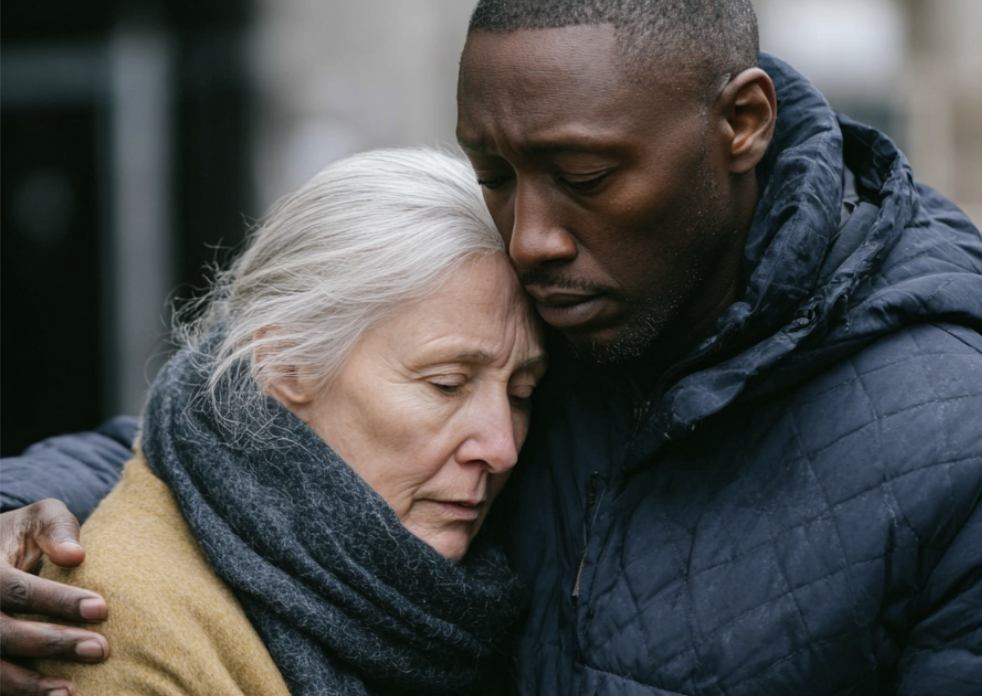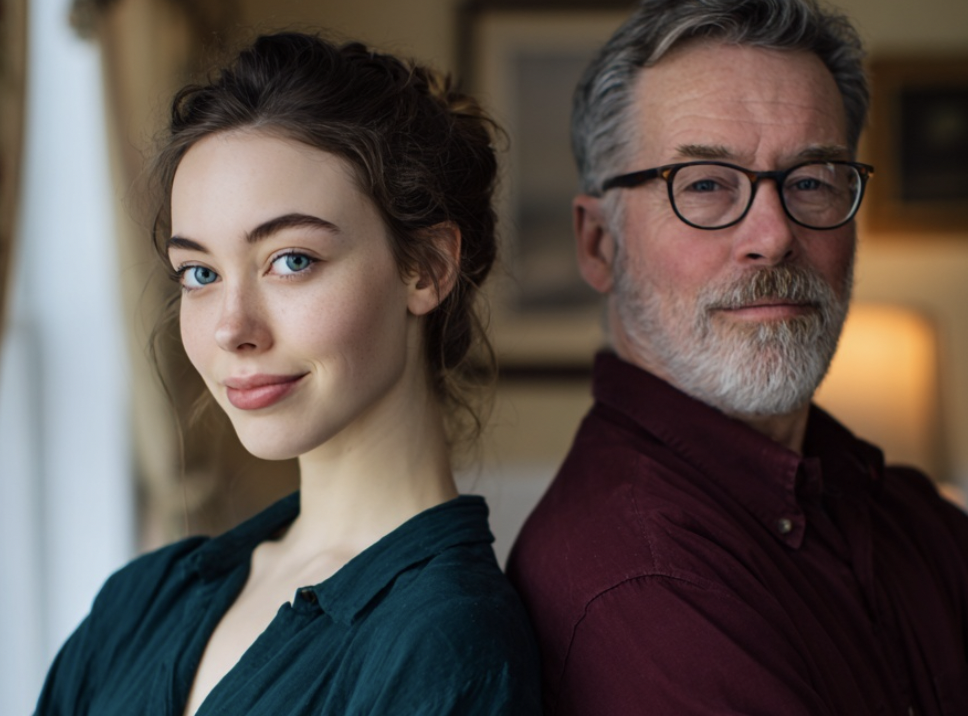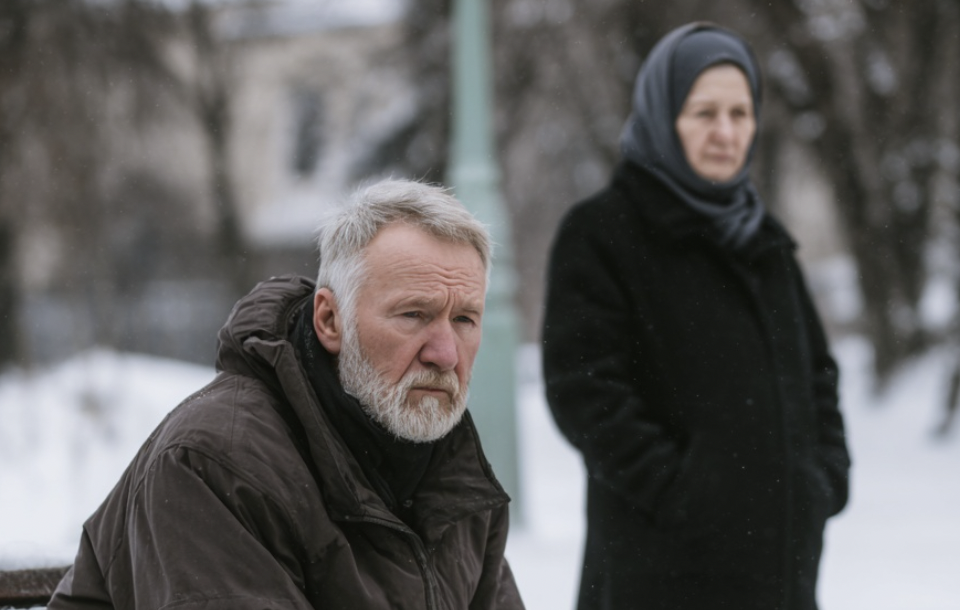— Ten thousand rubles, Elena! Just ten thousand!” — Andrey’s voice rang out in indignation as he paced around the living room, waving his hands. — My parents needed that money, and what did you do? You refused them!
Elena slowly rose from the armchair, crossing her arms over her chest. There was not a trace of fear in her gaze, only cold calmness. “And what, Tamara Nikolaevna, do you intend to do? Blackmail me with your own son?” “I will explain to Andrey what a selfish wife you are,” the mother-in-law leaned forward. … Read more









